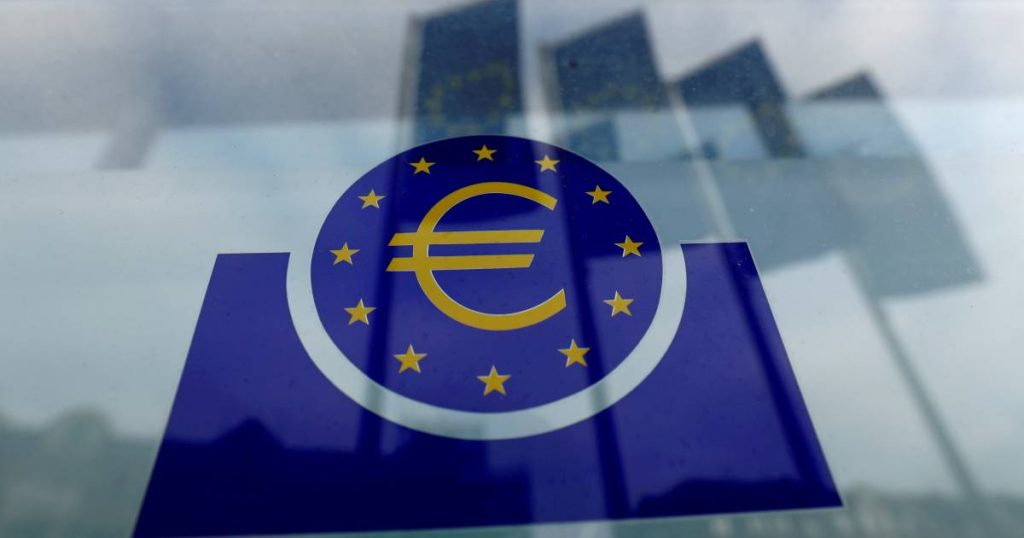For the second year in a row, the European Board of Auditors issued a “negative opinion” on EU expenditures, according to its annual report for fiscal year 2020. Member states also continue to face significant difficulties in absorbing European funds in a timely manner. For example, there is still 1.37 billion euros available for Belgium.
The good news: The 2020 EU accounts were reliable and the receipts were free of material errors. However, as in 2019, the level of irregularities in spending was 2.7% last year.
Auditors point to the increasing proportion of expenditures that should be considered high-risk (from 53% in 2019 to 59% in 2020). These expenses are subject to a material error of 4.0 percent, up from 4.9 percent in 2019.
This includes expenses as beneficiaries often have to follow complex rules when submitting claims for the costs incurred. The most common errors include ineligible projects, violations of internal market rules in the coherence policy, and ineligible costs in research expenditures, for example personnel costs.
Absorption of structural and investment funds
The uptake of European structural and investment funds also remains a problem, notes the Court of Auditors. At the end of 2020, at the end of the previous multi-year budget, €209 billion of these funds (45 percent of the total amount) still had to be effectively spent.
By the end of 2020, Belgium had absorbed only 49 percent of the allocated funds. 1.37 billion euros will remain available, in addition to funds from the new multi-year budget from 2021 to 2027 and subsidies from the European Recovery Fund.
“It would be worthwhile for Belgium to investigate why there is so much unused money available,” said Anime Turtelbaum, a Belgian member of the Court of Auditors. In addition, last year Belgium recorded one of the weakest uptake rates in the European Union at 11 percent. “It’s good to have money, but spending it quickly and smartly is another matter,” concludes Turtelboom.
large scale recovery fund
All of these issues will become even more important in the coming years as EU spending will increase significantly as the Recovery Fund begins to be implemented on a large scale. The new multi-year budget provides for a spending of 1.824 billion euros, twice as much as in the previous multi-year budget. “Given the major challenges ahead, we need to be more vigilant about the financial health of the EU,” said President Klaus-Heiner-Lineh.
The EU spent €173.3 billion last year, or 1.1% of the total national income of the 27 member states and the UK, which left the EU on February 1, 2020. Auditors note that at the end of last year, the UK still owed 47.5 1 billion euros under the Withdrawal Agreement.
Unlimited free access to Showbytes? And that can!
Log in or create an account and never miss any of the stars.

“Total coffee specialist. Hardcore reader. Incurable music scholar. Web guru. Freelance troublemaker. Problem solver. Travel trailblazer.”







More Stories
Bitcoin price rises after new jobs data from US
European stock markets open higher | beursduivel.be
Russia’s oil imports to China decline